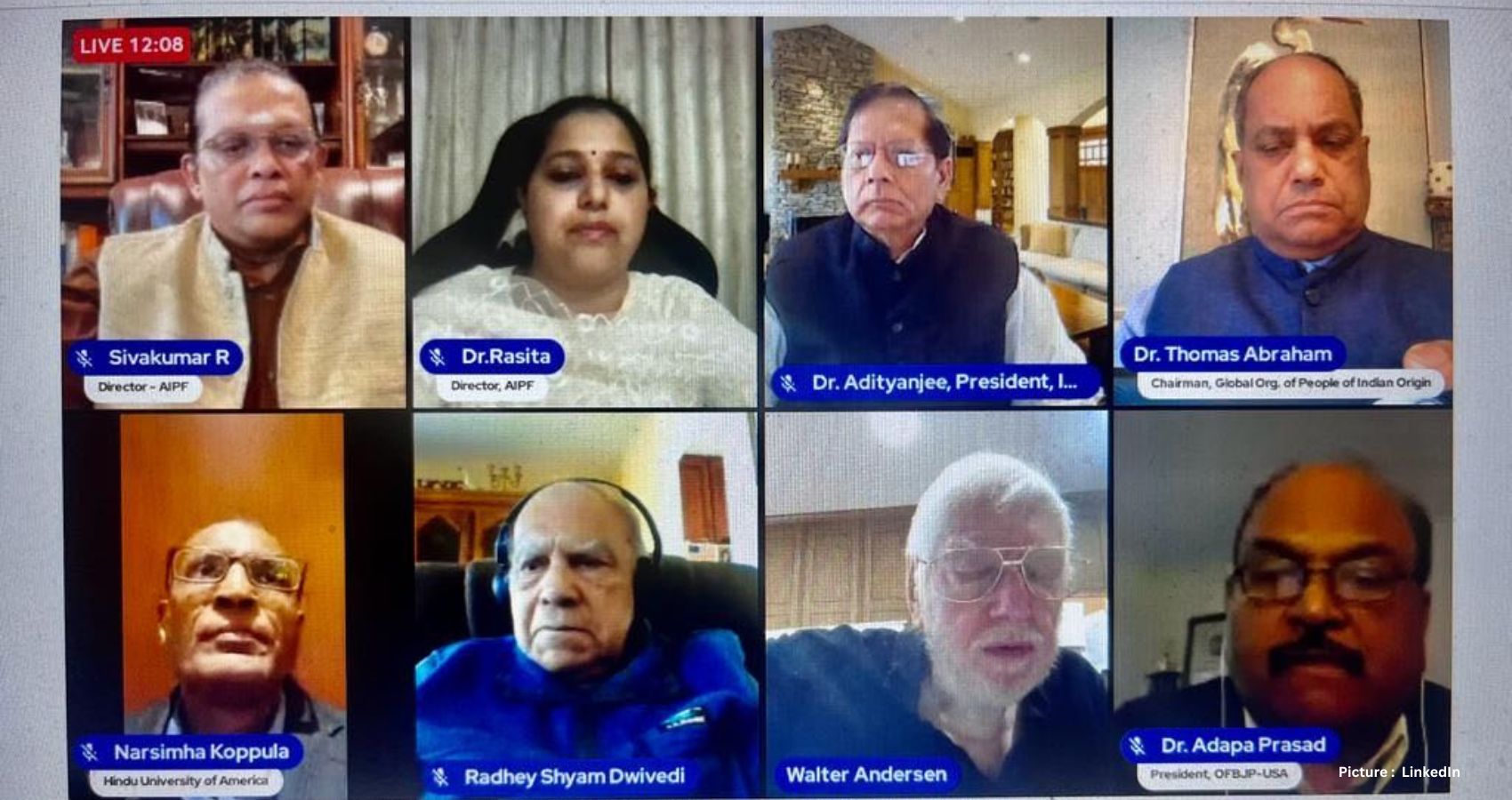As India is celebrating its 76th Independence Day on August 15, 2024, it is time to reflect how far the vibrant Indian Diaspora in the United States has come during the past 50 years, and what its future role in the rapidly changing demographics of America is. With a population of 4.9 million (1.48% of the US population), the Indian Americans are the largest group of South Asian Americans or the second largest group of Asian Americans after Chinese. Given their highly successful careers in most spheres, the Indian Americans represent a unique force in shaping the future of the United States. Indian Americans also have a profound influence on contemporary issues in India. So, this 5 million cohort Indian Diaspora, although not a monolithic structure in the United States, nevertheless, is a defining force both in the USA and India in the 21st century. Like in India, the Indian Diaspora in the United States represents the unity in diversity.
The Luce-Celler Act of 1946 allowed a limited number of Indians per year to immigrate to the United States. However, it was not until the 1970s, there was a palpable emigration from India. The earliest immigrants from India to the United States were physicians, scientists, and other professionals, as well as businessmen. Most worked in universities or institutes of higher learning or medical schools or in the healthcare sector. Very few worked in corporate America. Initially, the feelings in India were different, as most Indians considered that emigration was a “brain drain” with negative consequences to the country.
Even the Government of India was concerned that it was losing educated and talented people to other countries, especially the United States, the land of opportunities where an ordinary person can do extraordinary things. At that time most immigrants from India were those who completed their university studies, such as MBBS, or PhD or engineering, often at the expense of taxpayers’ money, and were looking for better job opportunities in their professions elsewhere. They were not coming to the United States for college studies. Most could not afford to study in the United States.
The early immigrants from India were traditional, nostalgic for a long time, culturally oriented and worked hard to preserve their values and pass them on to their children. Hailing from hard-working middle-class families, most of them shouldered substantial responsibilities to support their parents, and siblings back in India. All these made them to be responsible, humble, and loyal citizens in addition to their high level of KSA (Knowledge, Skills, and Abilities) and studious working habits. Many of them sacrificed their own time and comforts of life for the sake of their beloved family members in the USA and India, and for their professions. They not only could establish themselves in institutes of the United States, but also could generate a thinking among American public that Indians are smart, skilled, hardworking, law-abiding and peace-loving people, a notion that became a bedrock as the time passed.
The subsequent generations of Indian Diaspora were fortunate to grow on these foundations laid by their predecessors and proved themselves as the most successful immigrant community in the United States. Because of this they thrived, and educated their children, who proved to be much more successful professionals occupying higher positions or taking up responsible roles at a relatively young age as compared to their parents. Many of the later arrivals started working in corporate America, where they ascended to new heights not seen before. As the time passed, the Indian Diaspora became very wealthy, established their own societies and associations, built their businesses, companies, temples and other places of worship, community centers and made the United States their comfortable new home. They are also supporting several service projects in their native places or alma maters, and charitable activities in India, and remitting billions of dollars every year. Ordinary people in the United States understand India as they see it through the activities and personalities of Indian Americans. In other words, the reputation of India in the United States was enormously boosted by the Indian Diaspora. Now the people of India as well as the Government of India consider that the Indian Diaspora abroad, especially in the United States is an “asset” not brain-drain, of India.
Now the question is what should be the next stage of evolution of Indian Diaspora in the United States? Can it afford to stay in the same course in a rapidly changing demographics and needs of the United States? What should be the future direction of the Indian Diaspora in the United States, if it must continue to be the most successful and respected immigrant community with unique values to their adopted land? One can list several points to address this question. But, I have only one point to emphasize, implementation of which will dramatically change the course of Indian Diaspora and make it a much more formidable power in the 21st century United States.
The Indian Diaspora in the United States should become more US centric in their activities and social life. They may be minorities only by their numbers, but not by any other metric. So, they have many assets to give to their adopted land, other than money. There is no need to guard their Indian identity or communities so closely. They are not just Indians. They are Indian Americans playing pivotal roles in all spheres in the United States. Language is not a barrier for them in the United States. So, they should step outside of their communities or “bubbles” and actively participate and lead mainstream America in nation building. Otherwise, they may hit a wall and stop moving forward.
Following the same course as they have been doing for decades may not help them to rise to a higher level of respect and value in America. Because the 21st century needs of America are very different. It does not need immigrants that can just do their jobs splendidly. The 21st century America needs people who can create opportunities for others, and thus help them move up on an upscale value with passion. The Indian Diaspora should innovate itself by focusing on uplifting other minorities who are not blessed like them in education, wealth and other aspects of life. Being the most successful minority, the Indian Diaspora is uniquely positioned to uplift other minorities with them.
For instance, lack of mentorship is the single most cause by which even motivated minority children cannot find their way in the current society. The benefits of mentoring to mentees, mentors, and the community are well documented. Every minority child or student we mentor is an asset added to the treasure of our adopted land. Of course, there are other ways the Indian Diaspora can uplift less fortunate minorities, such as offering financial assistance for education, free or subsidized healthcare, conducting educational camps etc. No need to say that they should not limit these activities to only minorities, but extend to anyone in need, irrespective of their racial or ethnic background.
By following the above path, the Indian Diaspora will win the hearts of the less fortunate people in the United States, and thus foster long-lasting and healthy bonds with them, which is crucial for sustaining their respectable positions in the community, as well as securing the future and welfare of the children and grandchildren of the Indian Diaspora.
This path is also in line with our tradition, which preaches Vasudaivakutabakam and Sarvejana Sukinobhavatu. This is the best and practical way to spread Sanathana Dharma in the land of opportunities and freedom. This path speaks for itself, with no explanation from us what our Sanathana Dharma means. This path is also in line with the vision and mission of Prime Minister of India, Sri Narendranath Modi ji – Sabka Saath, Sabka Vikas. Thus, this is a great opportunity for the Indian Diaspora to kindle the lamp of Santhana Dharma on the land of freedom, liberty, and justice for all. Let us all move to a higher realm of existence while serving both our motherland and adopted land. Jai Hind. God bless America.
Disclaimer: The views expressed here are that of the author only, and they need not reflect the views of the organizations with which he is affiliated, such as the NRI Welfare Society of India, University of Utah Health, and ePurines, Inc.
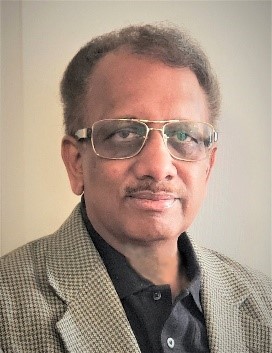 Author: Prof. Bellamkonda K. Kishore, M.D., Ph.D., MBA is an academician and innovator turned to entrepreneurship. He is an Adjunct Professor of Internal Medicine at the University of Utah Health; Co-Founder, President, CEO & CSO of ePurines, Inc., in Salt Lake City, Utah; and a Senior Member of the National Academy of Inventors. Dr. Kishore received several academic and community awards and honors for his contributions, such as induction as a Fellow of professional bodies, citations in Marquis Who’s Who in Medicine and Healthcare and European Biographical Directory, Nelson Mandela Leadership and Hind Rattan (Jewel of India) awards from the NRI Welfare Society of India, New Delhi. Currently, he is Vice President of the US Chapter of the NRI Welfare Society of India, which was started with the noble objective of strengthening the emotional bonds between India and Non-Resident Indians. Dr. Kishore was also conferred Global Unity Ambassador by the Indian.Community. Personal Website: https://www.bkkishore.online/
Author: Prof. Bellamkonda K. Kishore, M.D., Ph.D., MBA is an academician and innovator turned to entrepreneurship. He is an Adjunct Professor of Internal Medicine at the University of Utah Health; Co-Founder, President, CEO & CSO of ePurines, Inc., in Salt Lake City, Utah; and a Senior Member of the National Academy of Inventors. Dr. Kishore received several academic and community awards and honors for his contributions, such as induction as a Fellow of professional bodies, citations in Marquis Who’s Who in Medicine and Healthcare and European Biographical Directory, Nelson Mandela Leadership and Hind Rattan (Jewel of India) awards from the NRI Welfare Society of India, New Delhi. Currently, he is Vice President of the US Chapter of the NRI Welfare Society of India, which was started with the noble objective of strengthening the emotional bonds between India and Non-Resident Indians. Dr. Kishore was also conferred Global Unity Ambassador by the Indian.Community. Personal Website: https://www.bkkishore.online/

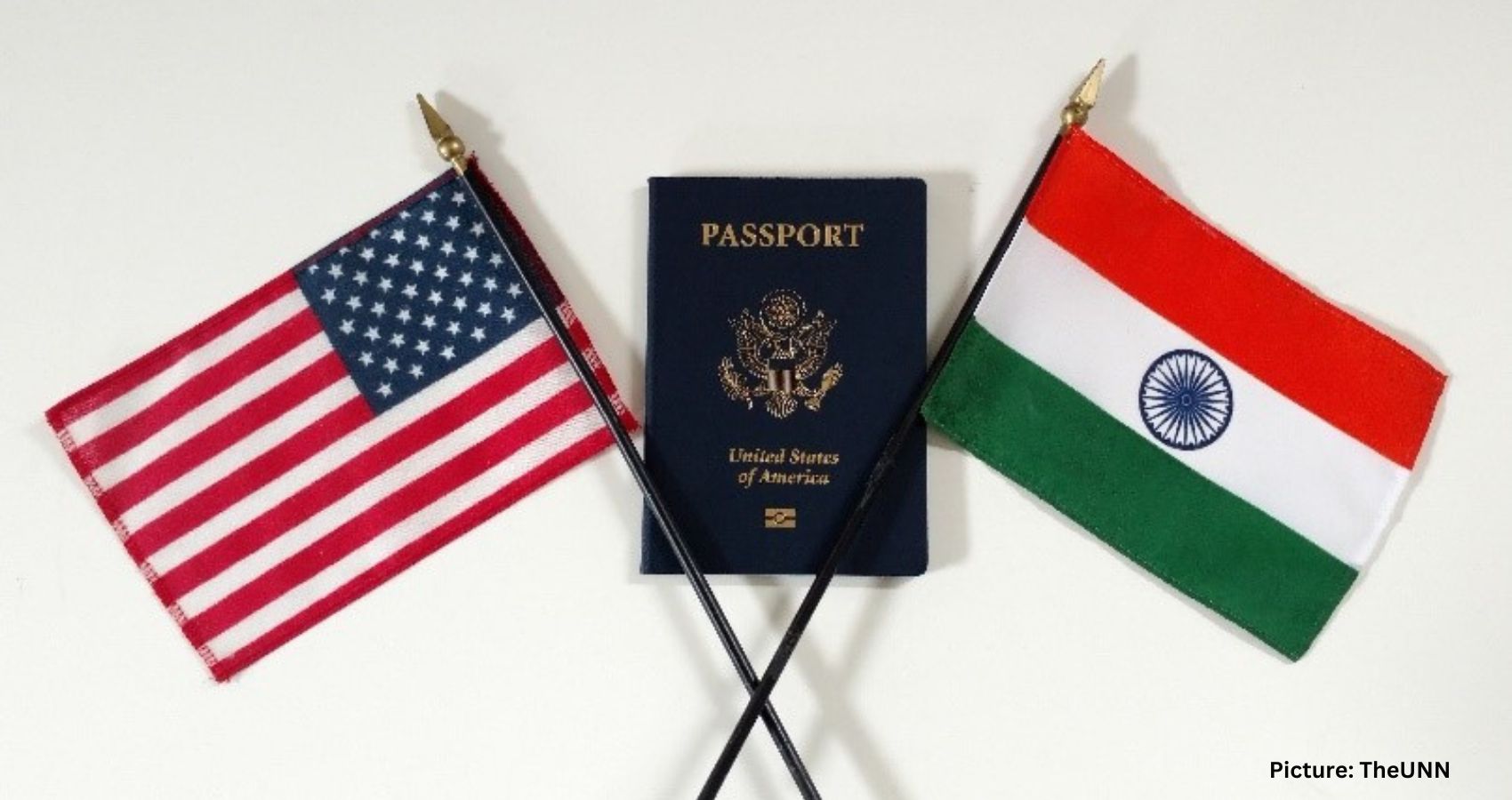
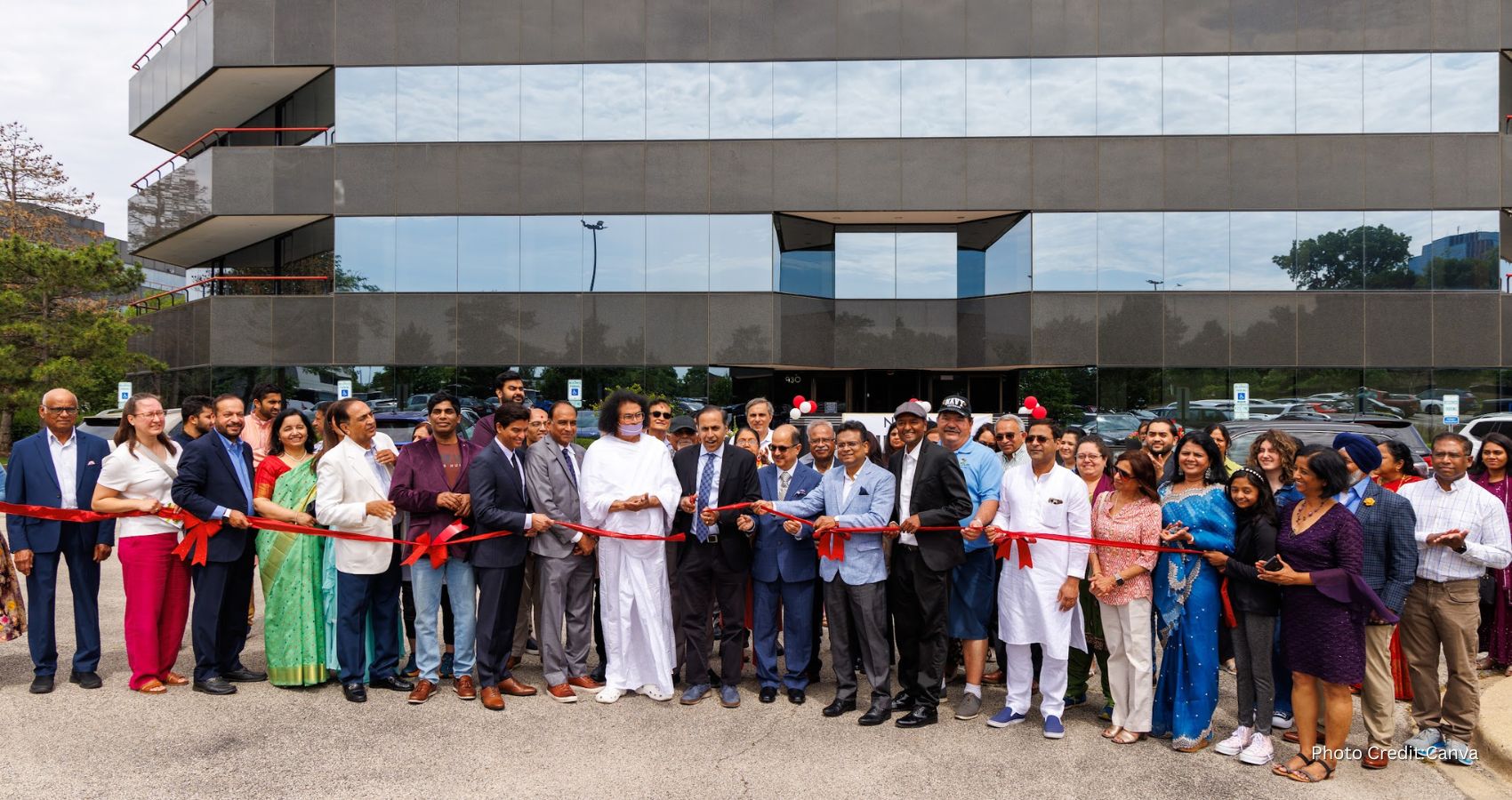
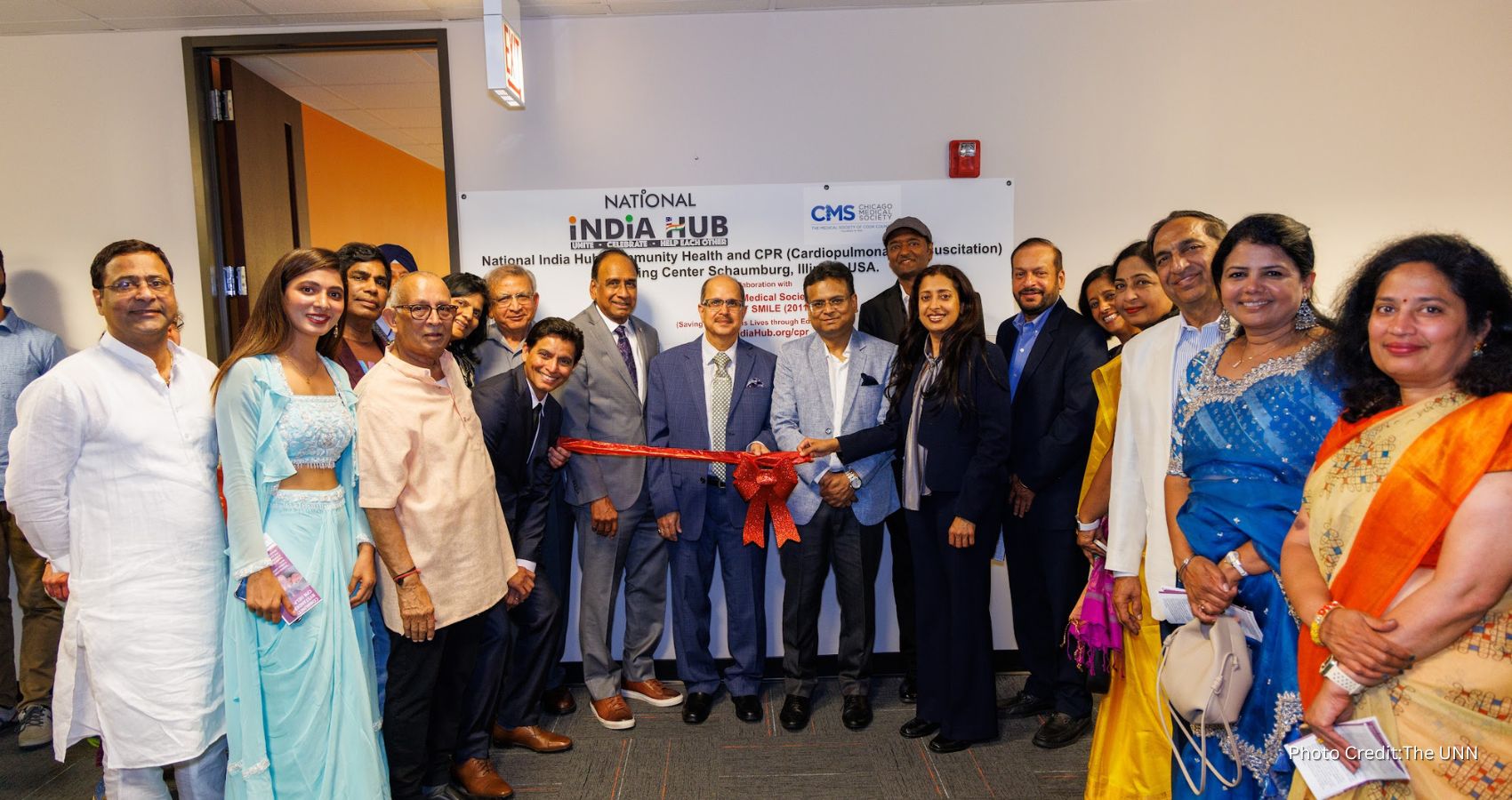
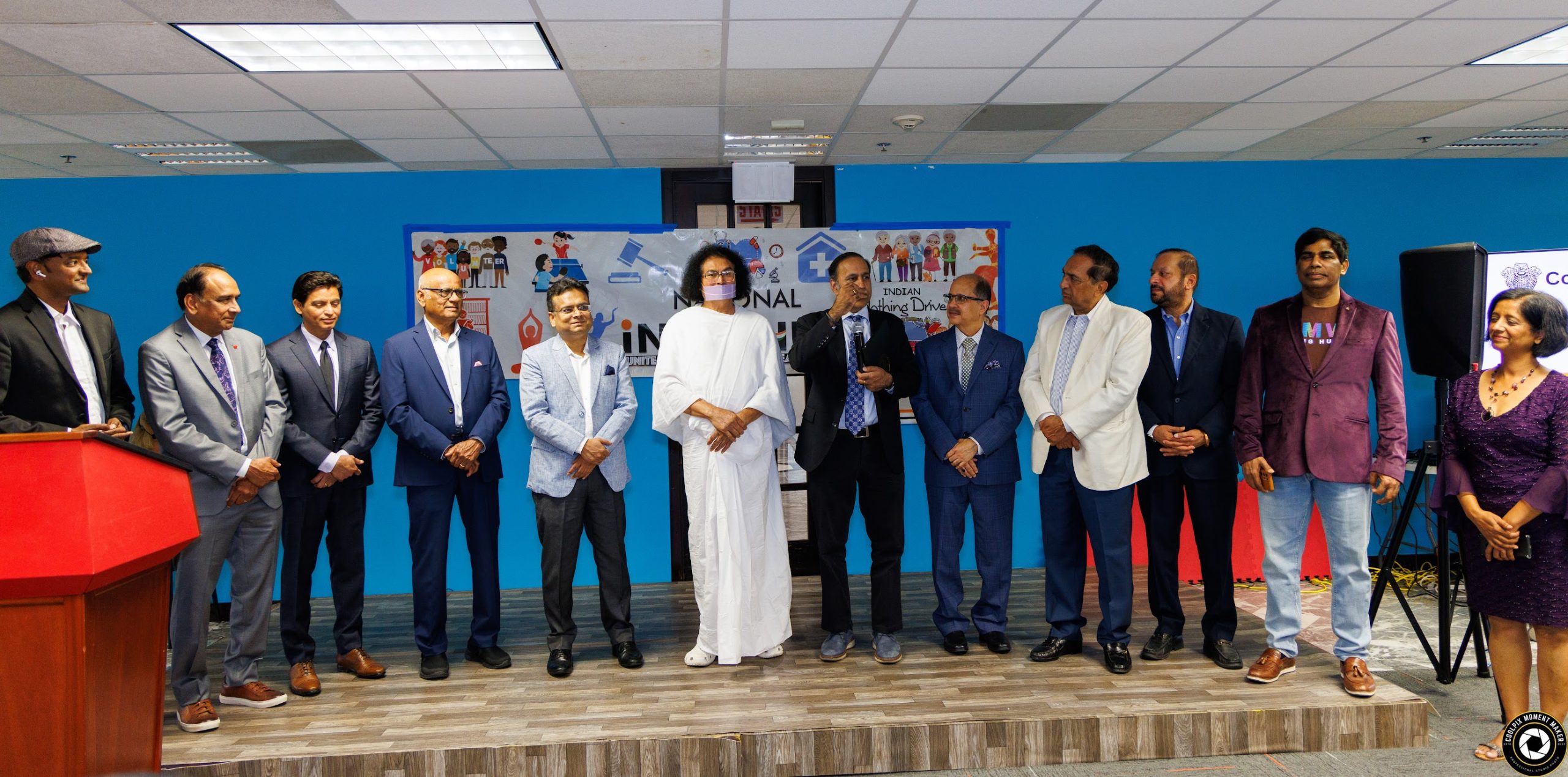
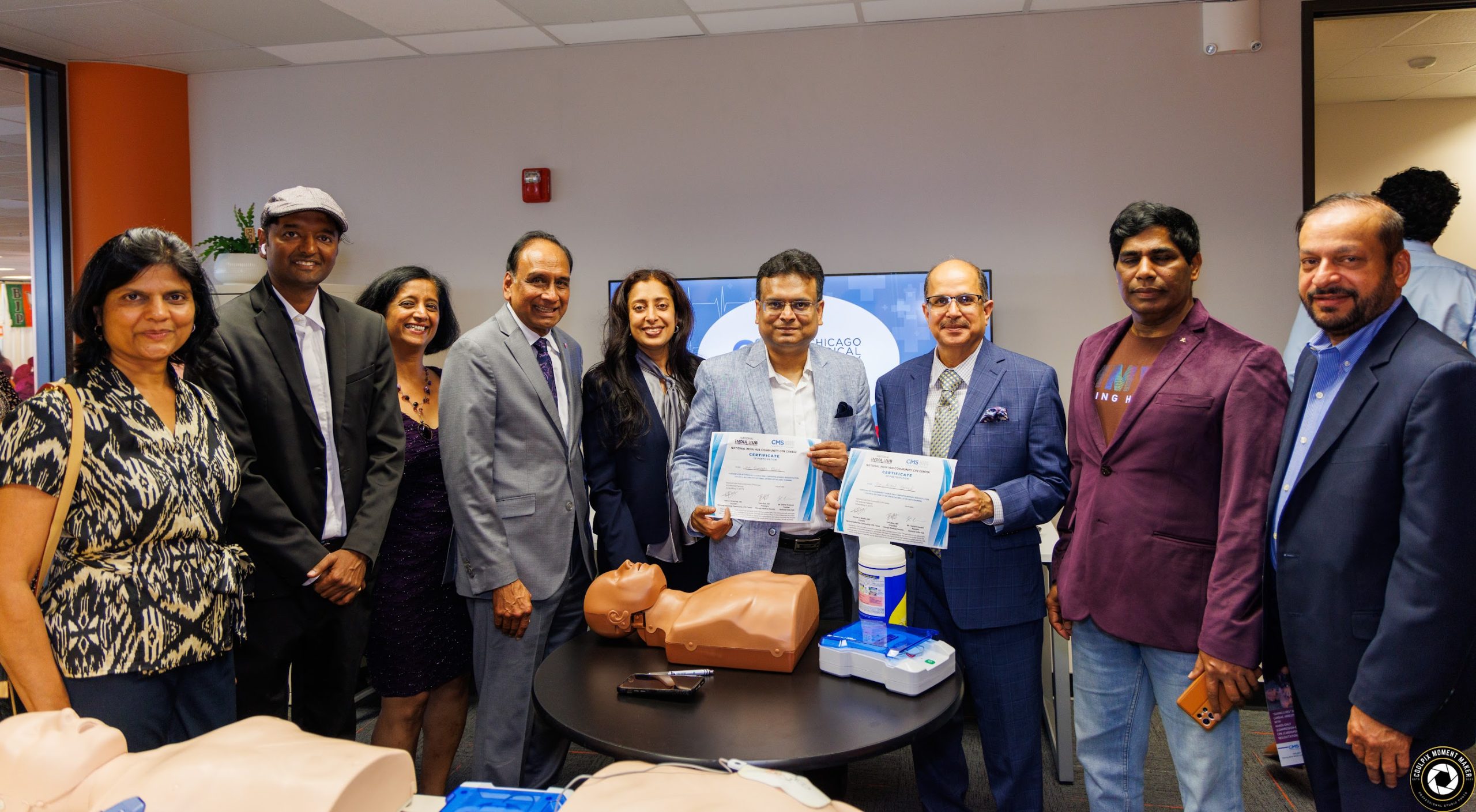
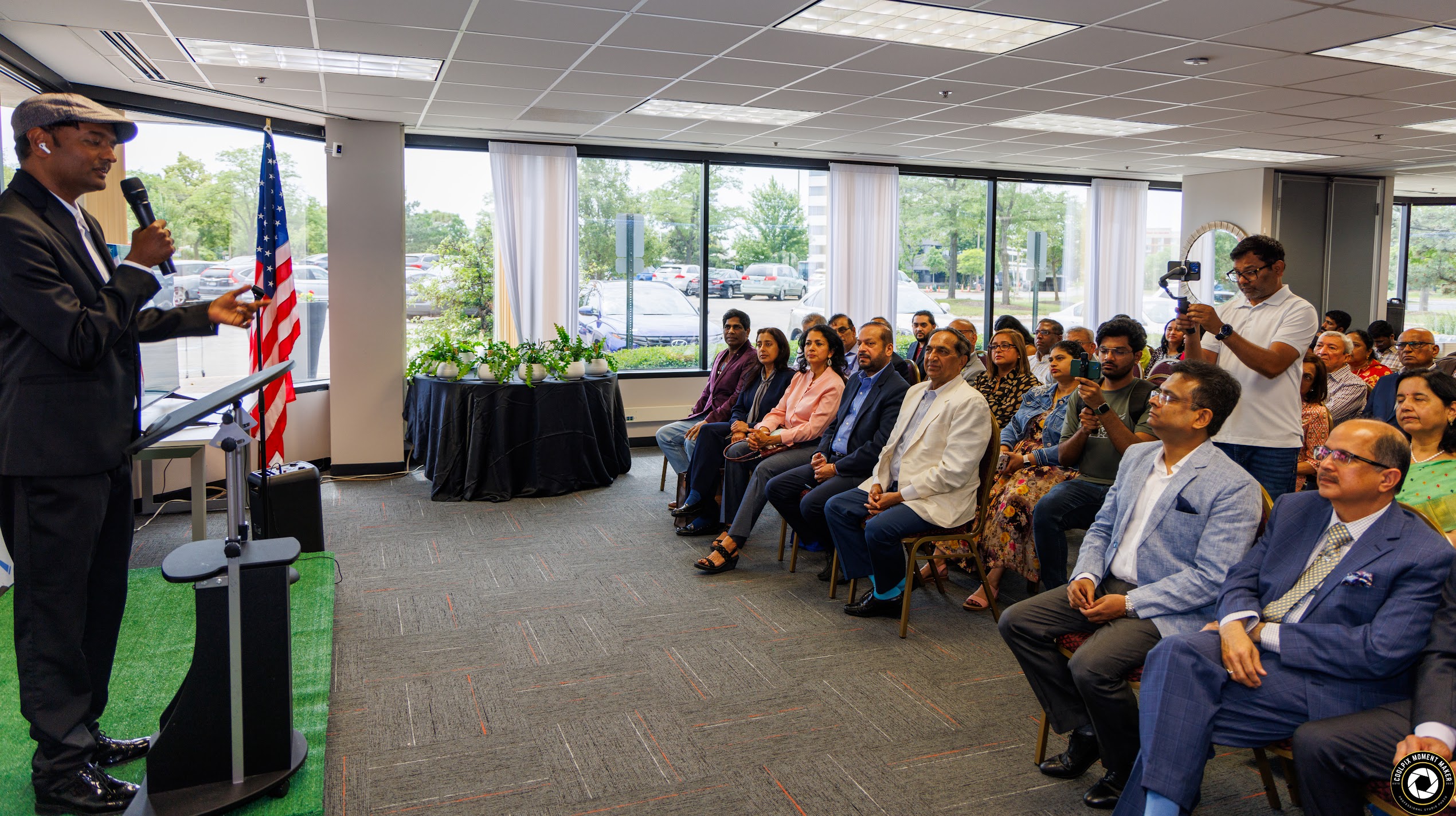
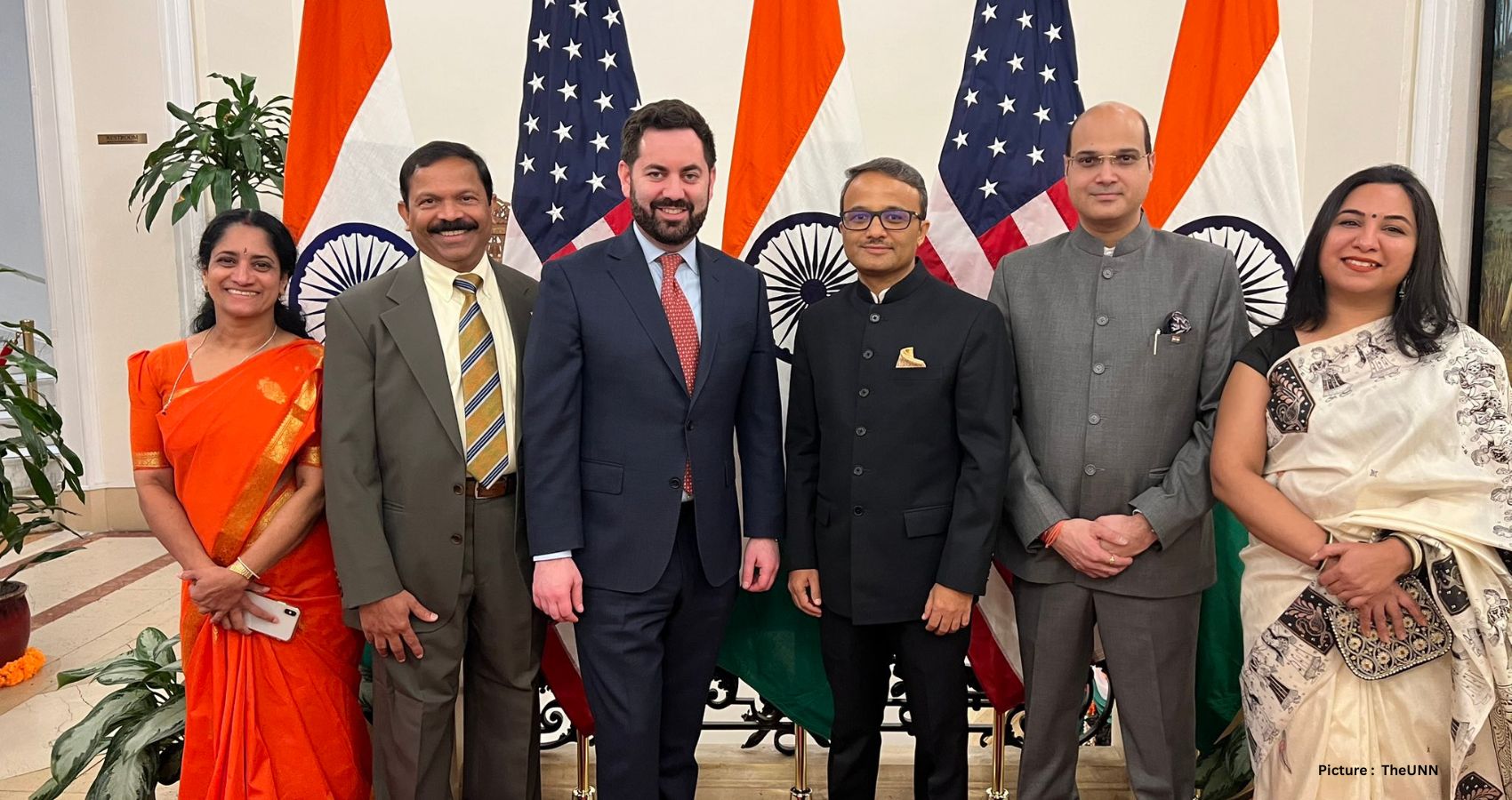
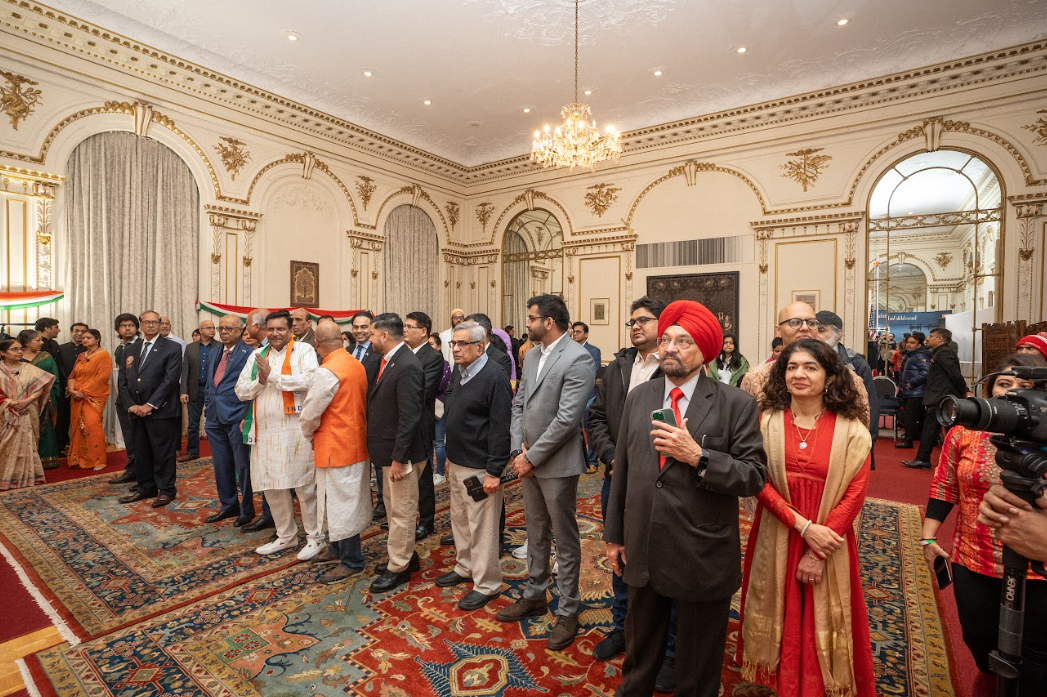 In the evening, Consul General hosted a reception which was attended by prominent members of the diaspora, elected officials, members of the diplomatic corps, friends from media and people from different walks of life. Among the esteemed guests were Congressman Michael Lawler, Mayor of Edison Township Mr. Sam Joshi, and senior diplomats and officers from NYC Mayor’s office and NY State Governor’s office.
In the evening, Consul General hosted a reception which was attended by prominent members of the diaspora, elected officials, members of the diplomatic corps, friends from media and people from different walks of life. Among the esteemed guests were Congressman Michael Lawler, Mayor of Edison Township Mr. Sam Joshi, and senior diplomats and officers from NYC Mayor’s office and NY State Governor’s office.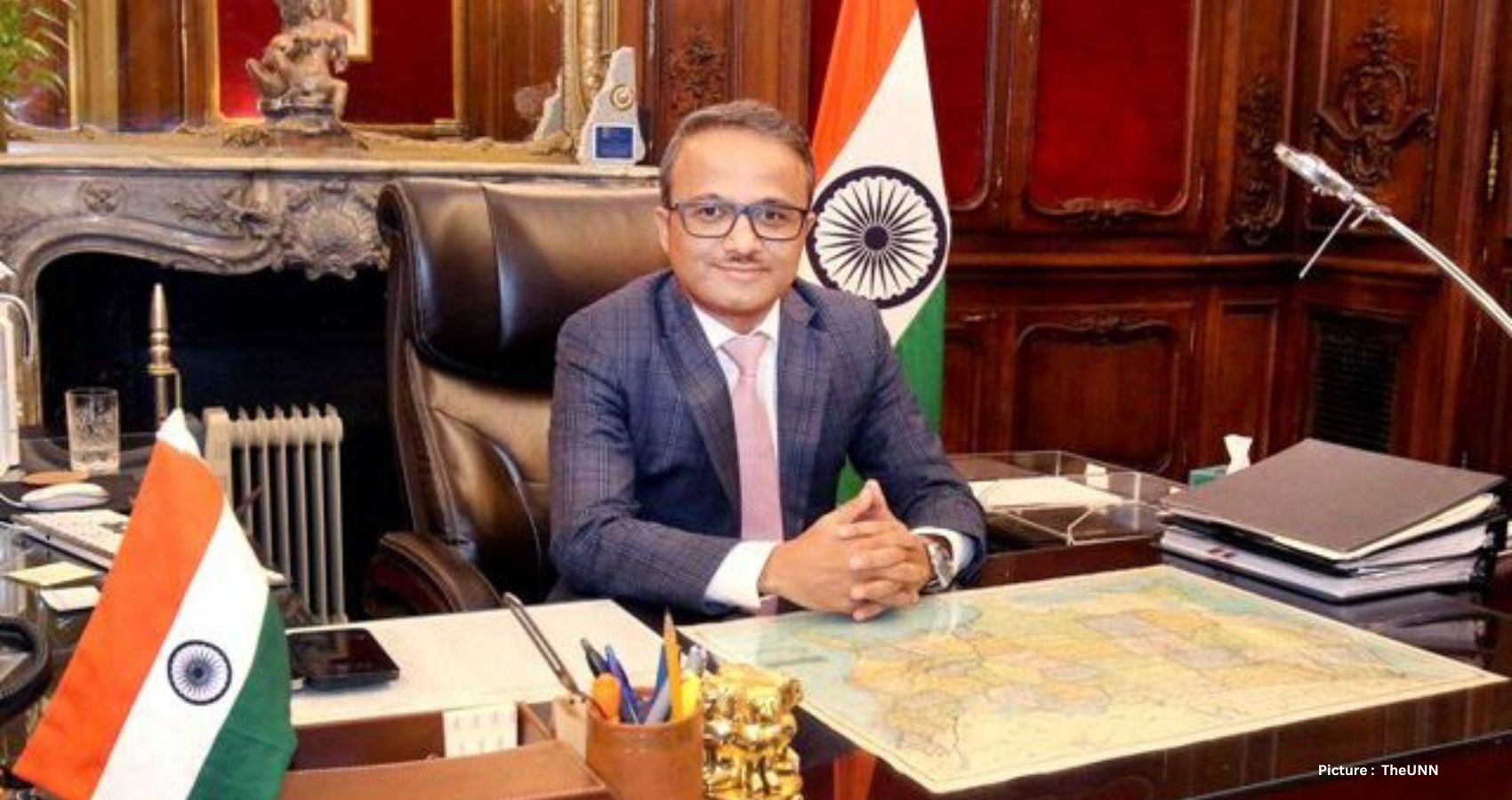
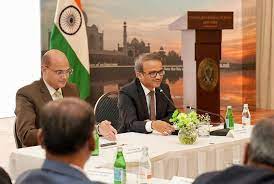 Pradhan who previously served as the High Commissioner of India in Tanzania, also lauded the contribution and the success of the Indian American diaspora in the United States. He highlighted that the Indian diaspora in Tanzania and around the world aspires to create the same impact that the Indian Americans have managed to create in the United States and back home in India.
Pradhan who previously served as the High Commissioner of India in Tanzania, also lauded the contribution and the success of the Indian American diaspora in the United States. He highlighted that the Indian diaspora in Tanzania and around the world aspires to create the same impact that the Indian Americans have managed to create in the United States and back home in India.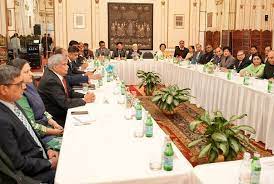 Russian, Hindi, and Odiya languages. His diplomatic career includes senior roles in Indian Embassies in Moscow, Turkmenistan, and Pakistan from 2004 to 2012. During 2012-14, he managed India’s relations with Afghanistan and Iran at the Ministry of External Affairs, New Delhi.
Russian, Hindi, and Odiya languages. His diplomatic career includes senior roles in Indian Embassies in Moscow, Turkmenistan, and Pakistan from 2004 to 2012. During 2012-14, he managed India’s relations with Afghanistan and Iran at the Ministry of External Affairs, New Delhi.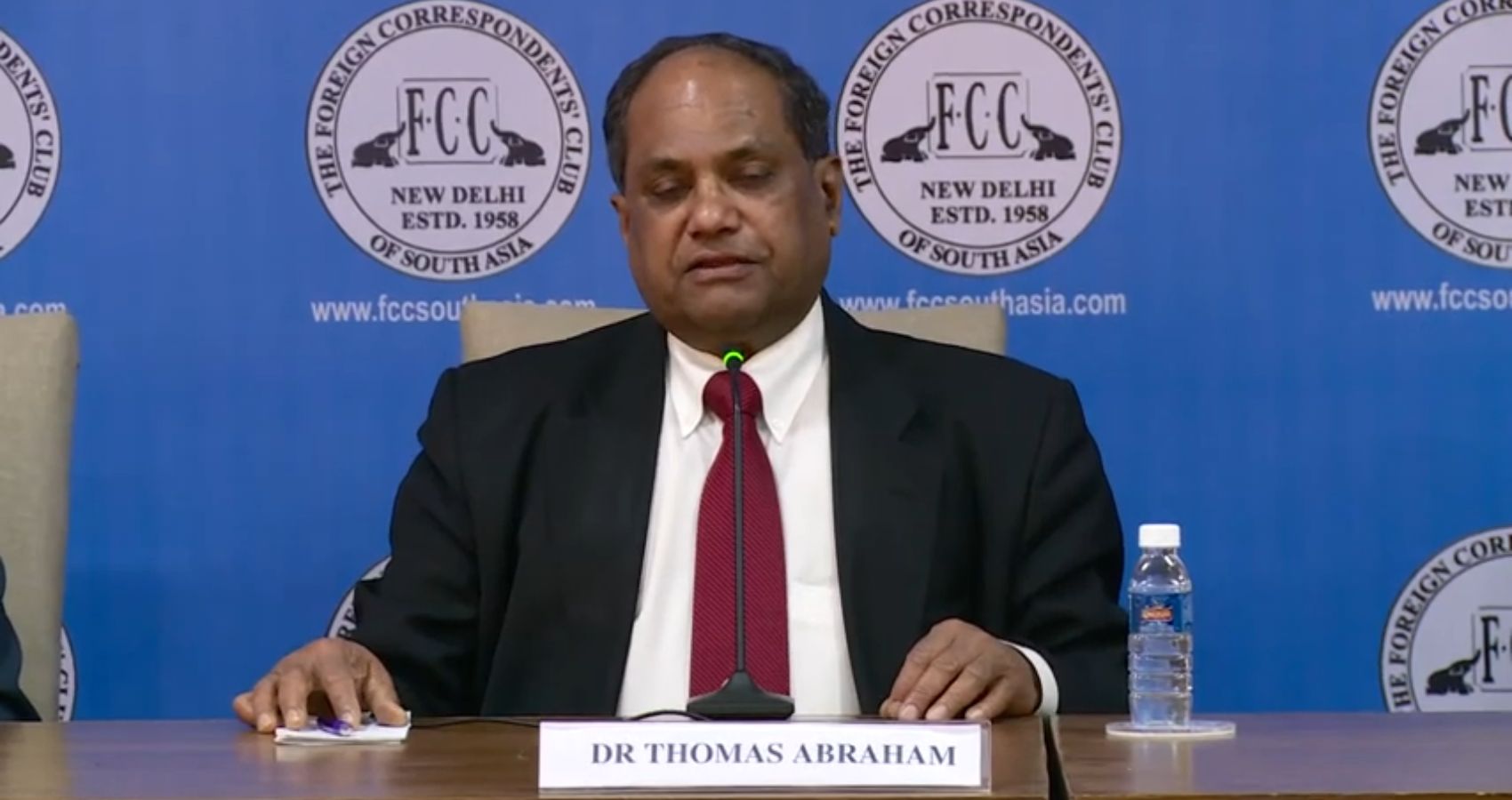
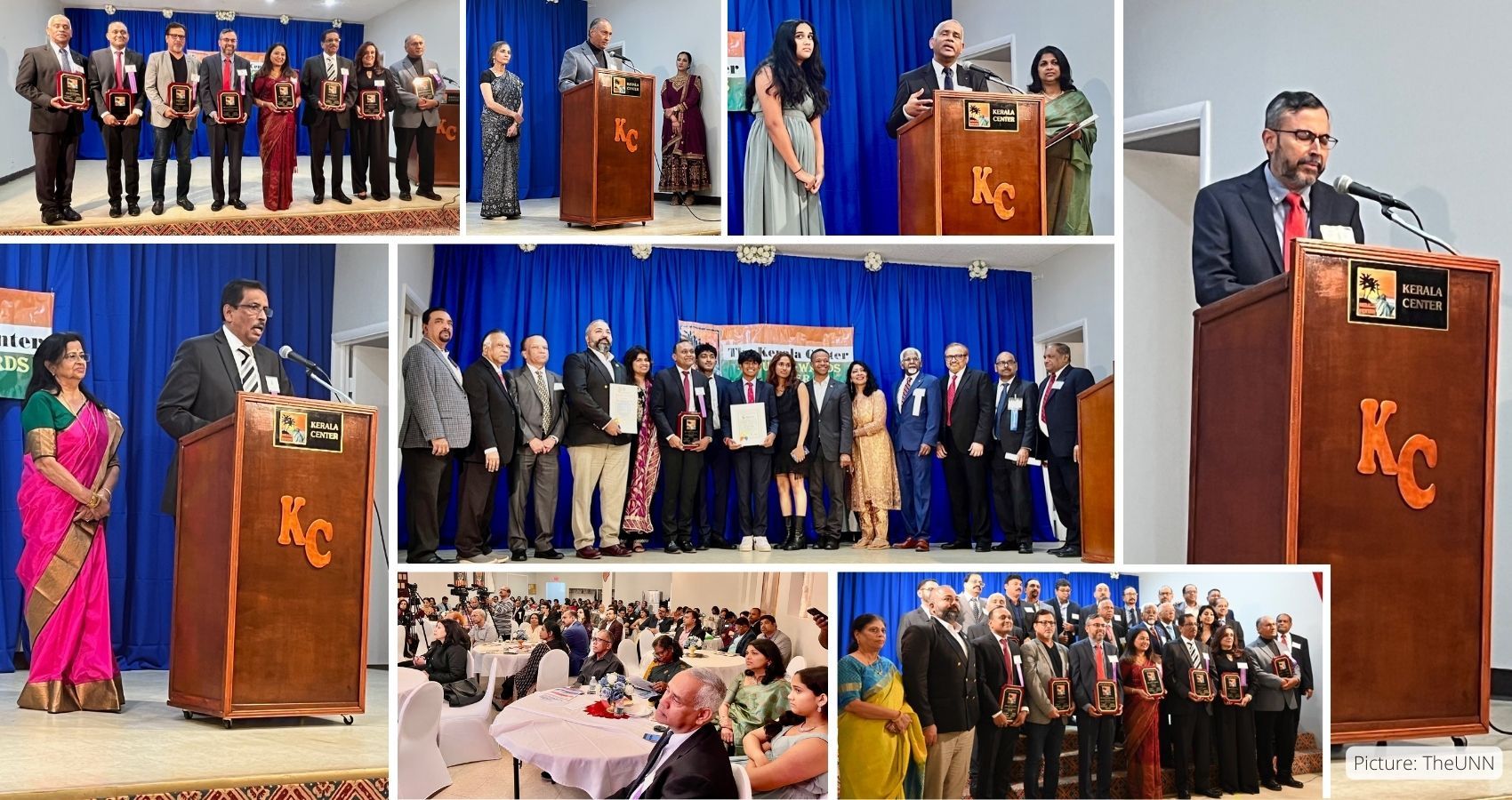 “I have been collecting books on India related to religion, culture, economy, politics, relations with other countries and tourism, which will be housed at the Kerala Center,” Dr. Abraham sated. “In addition, I have personal collection of books on India and Indian Diaspora related books, some of them are not even available at any other place, which will be donated to this library. The Government of India through the Indian Consulate New York has provided several hundreds of India related books.”
“I have been collecting books on India related to religion, culture, economy, politics, relations with other countries and tourism, which will be housed at the Kerala Center,” Dr. Abraham sated. “In addition, I have personal collection of books on India and Indian Diaspora related books, some of them are not even available at any other place, which will be donated to this library. The Government of India through the Indian Consulate New York has provided several hundreds of India related books.”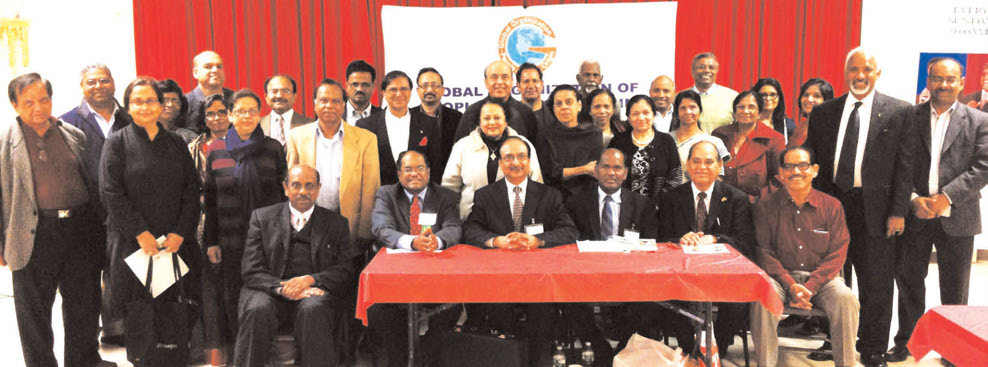 groups and history of Indian Diaspora in different countries. Ultimately, the Kerala Center plans to make it a top Indian Diaspora Resource Center, may be even as a research center with grants from Foundations and government agencies in the future.
groups and history of Indian Diaspora in different countries. Ultimately, the Kerala Center plans to make it a top Indian Diaspora Resource Center, may be even as a research center with grants from Foundations and government agencies in the future.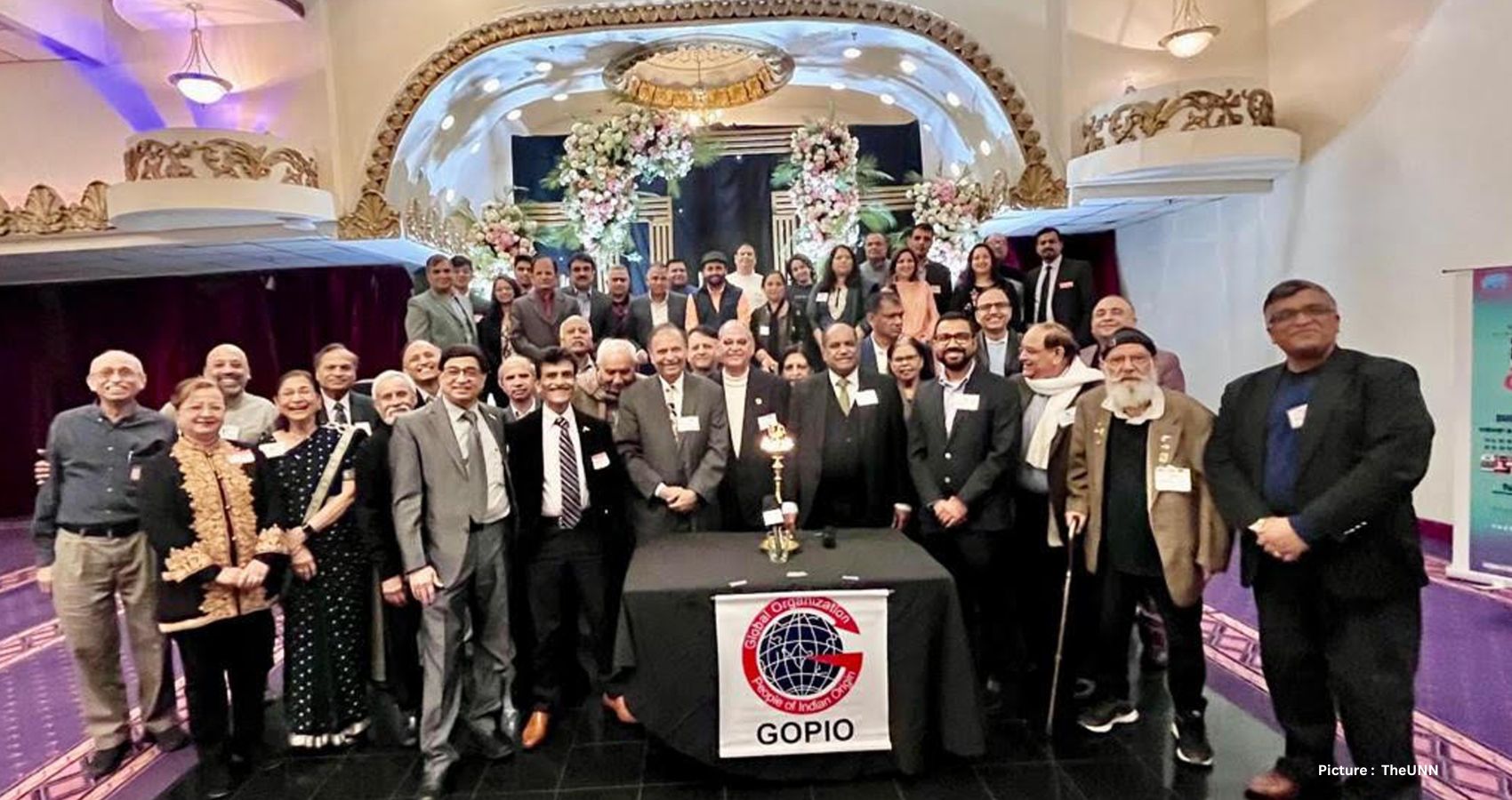
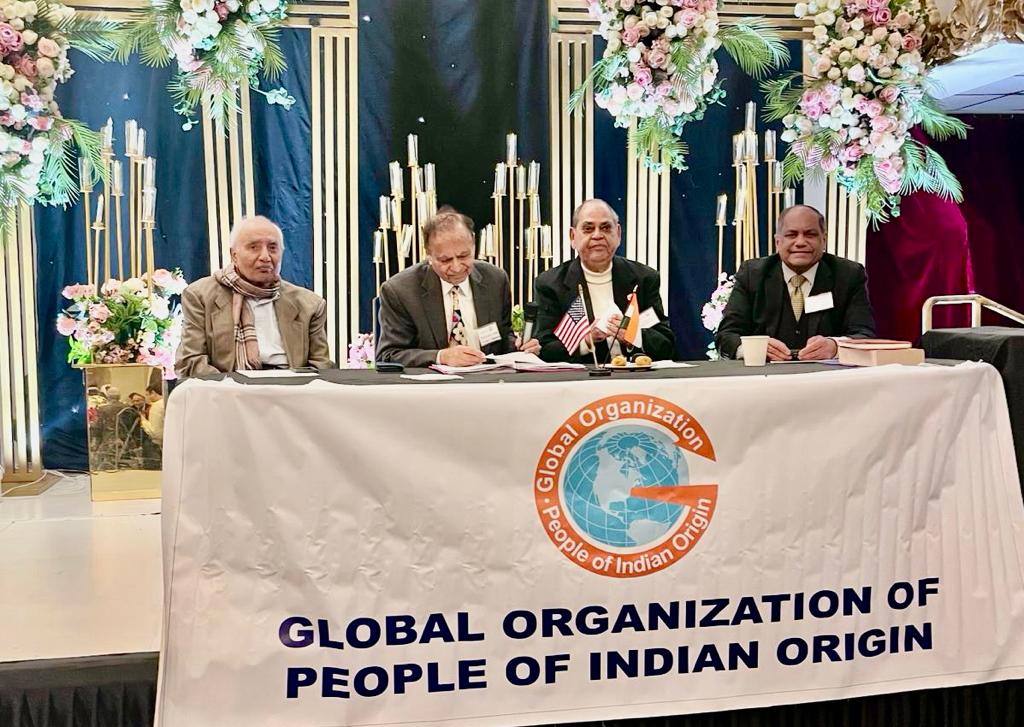 At the planning meeting, Shah said, “Lauding the positive optimistic vision prevailing in India, presents opportunity to invest in India which provides the best and biggest opportunity in the World. The Bombay Stock Exchange has just crossed $4 Trillion and has overtaken Hong Kong to become third largest in the world. While India needs the 35 million Diaspora to invest, it is an incredible opportunity for the Diaspora to prosper.”
At the planning meeting, Shah said, “Lauding the positive optimistic vision prevailing in India, presents opportunity to invest in India which provides the best and biggest opportunity in the World. The Bombay Stock Exchange has just crossed $4 Trillion and has overtaken Hong Kong to become third largest in the world. While India needs the 35 million Diaspora to invest, it is an incredible opportunity for the Diaspora to prosper.”